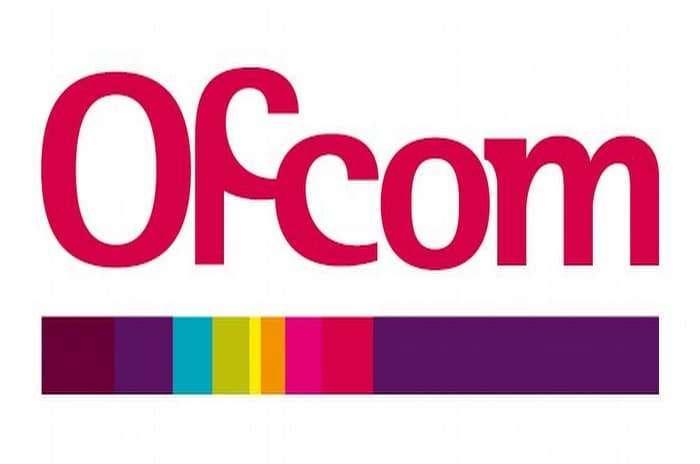Home > Mobile > News > Ofcom want ban on locked phones amid new proposals
Ofcom want ban on locked phones amid new proposals
Ofcom are consulting on a ban to stop mobile providers selling handsets locked to their networks in a bid to improve switching.
Mobile companies including EE and Vodafone still sell mobile phones which must be unlocked before they can be used on another network.
Ofcom has also announced proposals to make switching between Openreach and non-Openreach broadband providers easier.
While these proposals were initially designed to comply with an EU ruling, they improve fairness in the mobile and broadband markets, and this is currently a key concern for Ofcom.

Unlocked mobiles
Several large mobile phone providers are still selling handsets which are locked to their network and therefore must be unlocked to be used on another network.
Ofcom say this can cost the customer around £10 and cite research which suggests more than a third of potential switchers were put off by their phone being locked.
Under these new proposals, mobile companies would be banned from selling locked handsets, allowing customers to move from one network to another without having to pay someone to unlock their phone.
EE, BT, Vodafone and Tesco Mobile are among the mobile providers who sell locked phones to their customers and so would be forced to alter their practices under the new rules.
Three, O2, Virgin and Sky already sell unlocked handsets to their mobile customers.
Compare mobile phone deals from all major providers using our free comparison tool.
Simpler broadband switching
In addition, Ofcom are planning to make it easier for customers to switch between broadband providers on an Openreach line and those on other networks.
Switching between broadband companies such as BT, Plusnet and Sky is already straightforward as these networks use the underlying Openreach infrastructure. This means the switch can be handled by the new provider contacting the old one.
However, switching from one of these companies to one with their own network such as Virgin Media or Hyperoptic currently involves the customer speaking to both companies and facilitating the switch themselves.
Research by Ofcom shows 43% of customers thinking about switching in this way are put off because they're worried about arranging the start and end dates of their contracts effectively, and that 35% are worried about needing to pay two providers at once.
Ofcom aim to simplify this process and make it as straightforward to switch between, for example, Sky and Virgin Media as it is to switch between Sky and TalkTalk.
Compare broadband deals with our free comparison tool.
Fairness for customers
Various reforms have been proposed by Ofcom in recent years designed to improve the customer experience and ensure communications companies are operating in a transparent and fair manner.
Since July 2019, mobile customers have been able to switch providers by text message, requesting a porting authorisation code (PAC) by text instead of speaking to their existing provider.
Ofcom have also acted on out of contract pricing on both mobile and broadband contracts, with most mobile providers agreeing to amend their prices once customers have reached the end of their fixed contract deal.
Three were the only major provider who refused to commit to this, stating that automatically reducing prices at the end of a contract could reduce the switching behaviour of customers and stop them finding a better deal.
For broadband customers, out of contract price reductions will come into force no later than March 2020 after Ofcom elicited commitments from major providers to treat out of contract customers more fairly.
Back in June, the majority of mobile and broadband providers agreed to sign up to Ofcom's Fairness for Customers commitments to improve the customer experience.
Get insider tips and the latest offers in our newsletter

We are independent of all of the products and services we compare.

We order our comparison tables by price or feature and never by referral revenue.

We donate at least 5% of our profits to charity, and we have a climate positive workforce.
Latest News

05 December 2024
Merger of Vodafone and Three UK approved
19 August 2024
New O2 Essential Plan for those on social benefits
06 August 2024
Three UK moves to pounds and pence annual price risesGet insider tips and the latest offers in our newsletter


